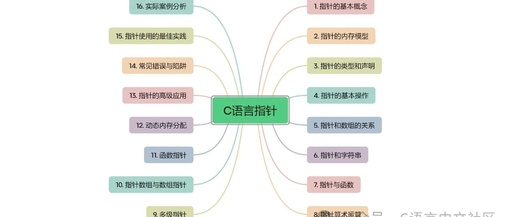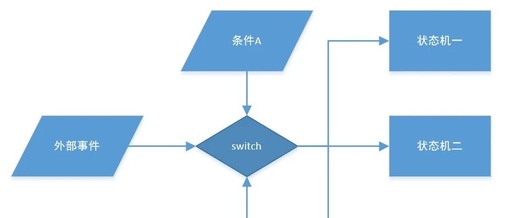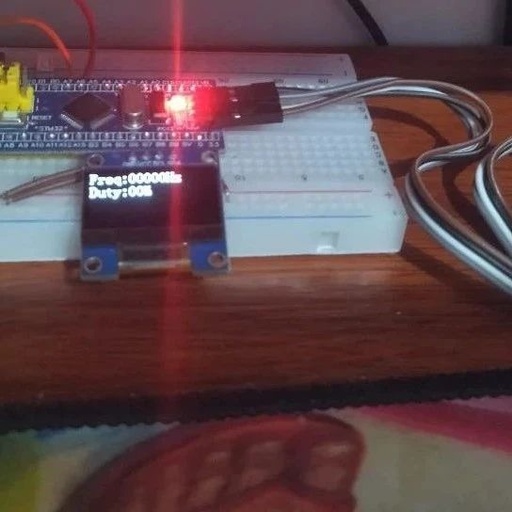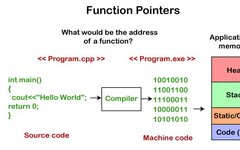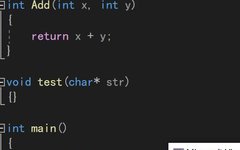C Language Struct Encapsulation Functions: From Error Examples to Engineering-Level Code Design (A Must-Read for Embedded Development)
In embedded development, struct encapsulation function pointers are powerful tools for improving code quality, but a flawed design can lead to disaster. This article guides you through correcting typical error cases and mastering engineering-level implementation solutions. 1. Analysis of Typical Error Cases The code provided by the developer has three fatal issues: // Problematic code … Read more

